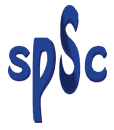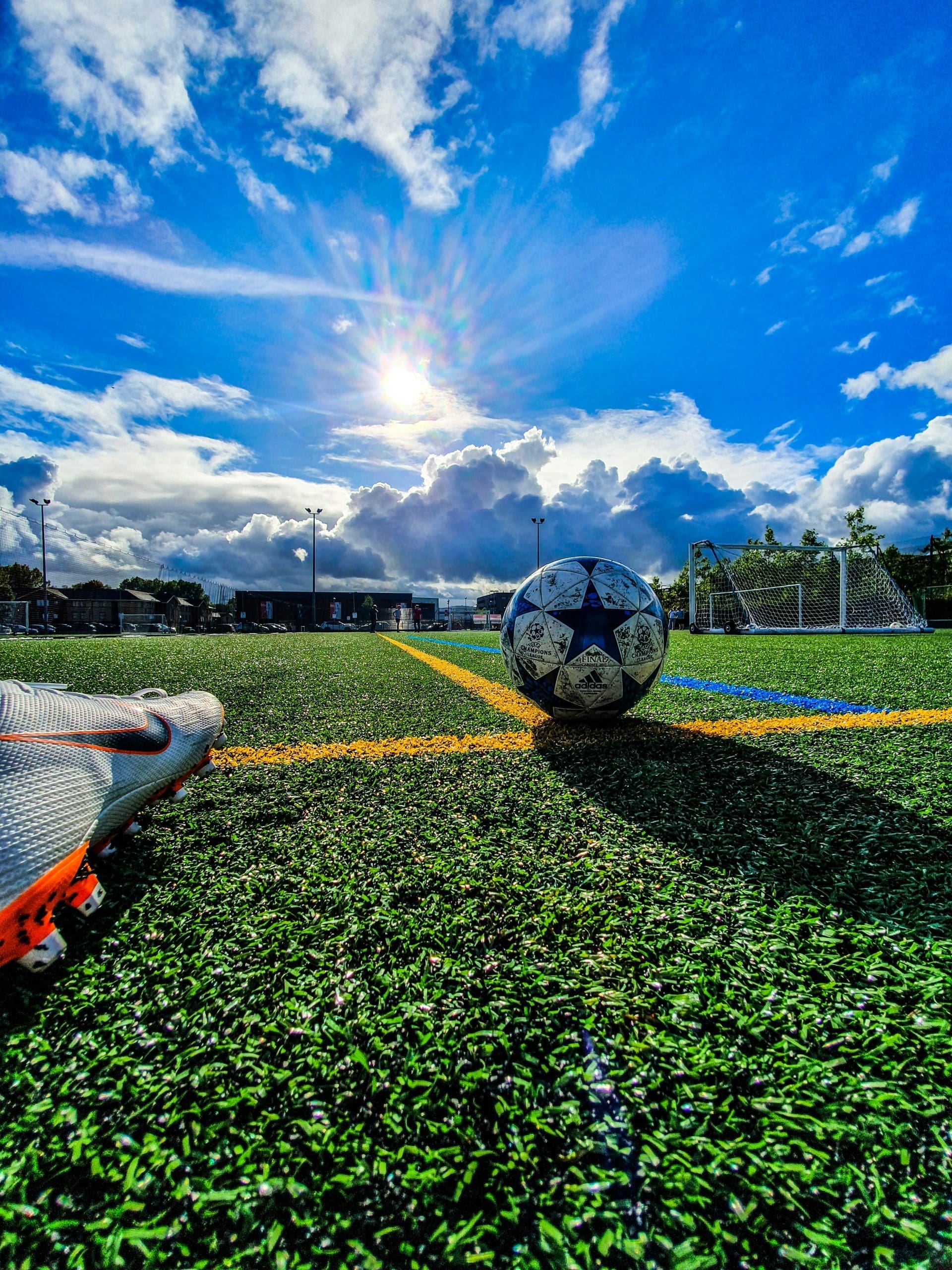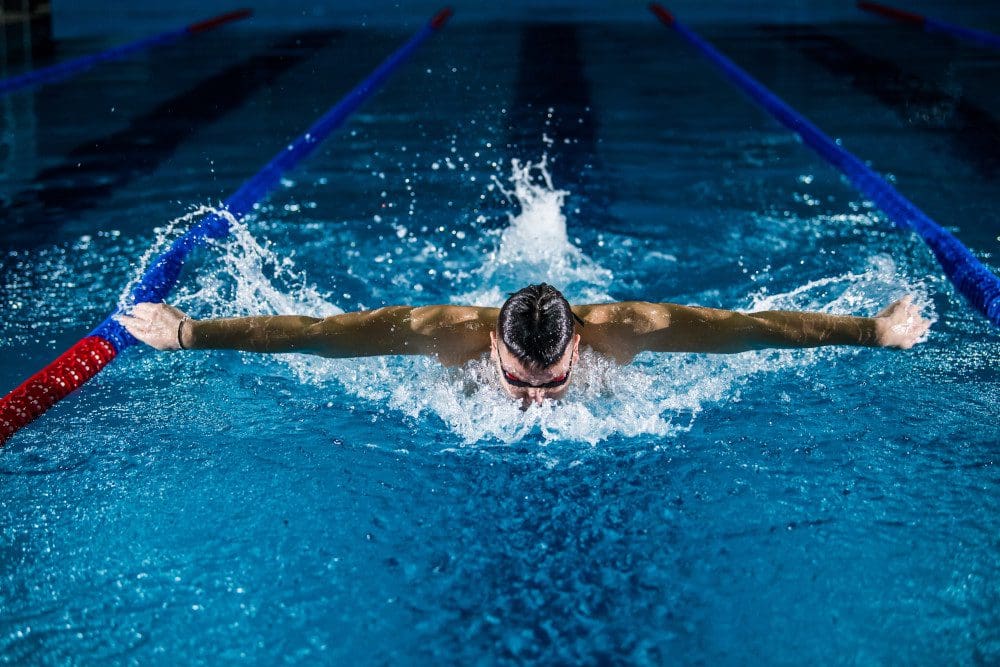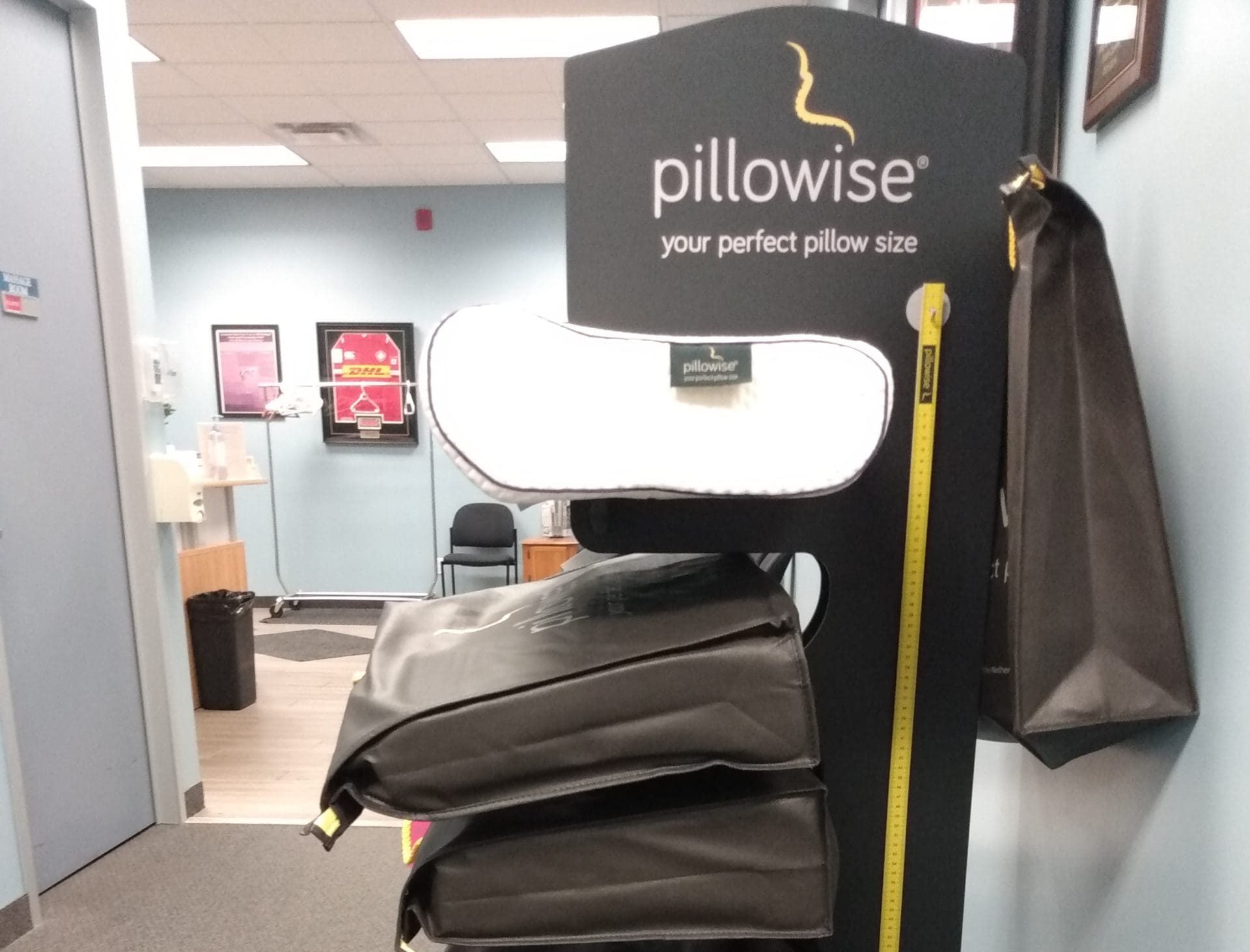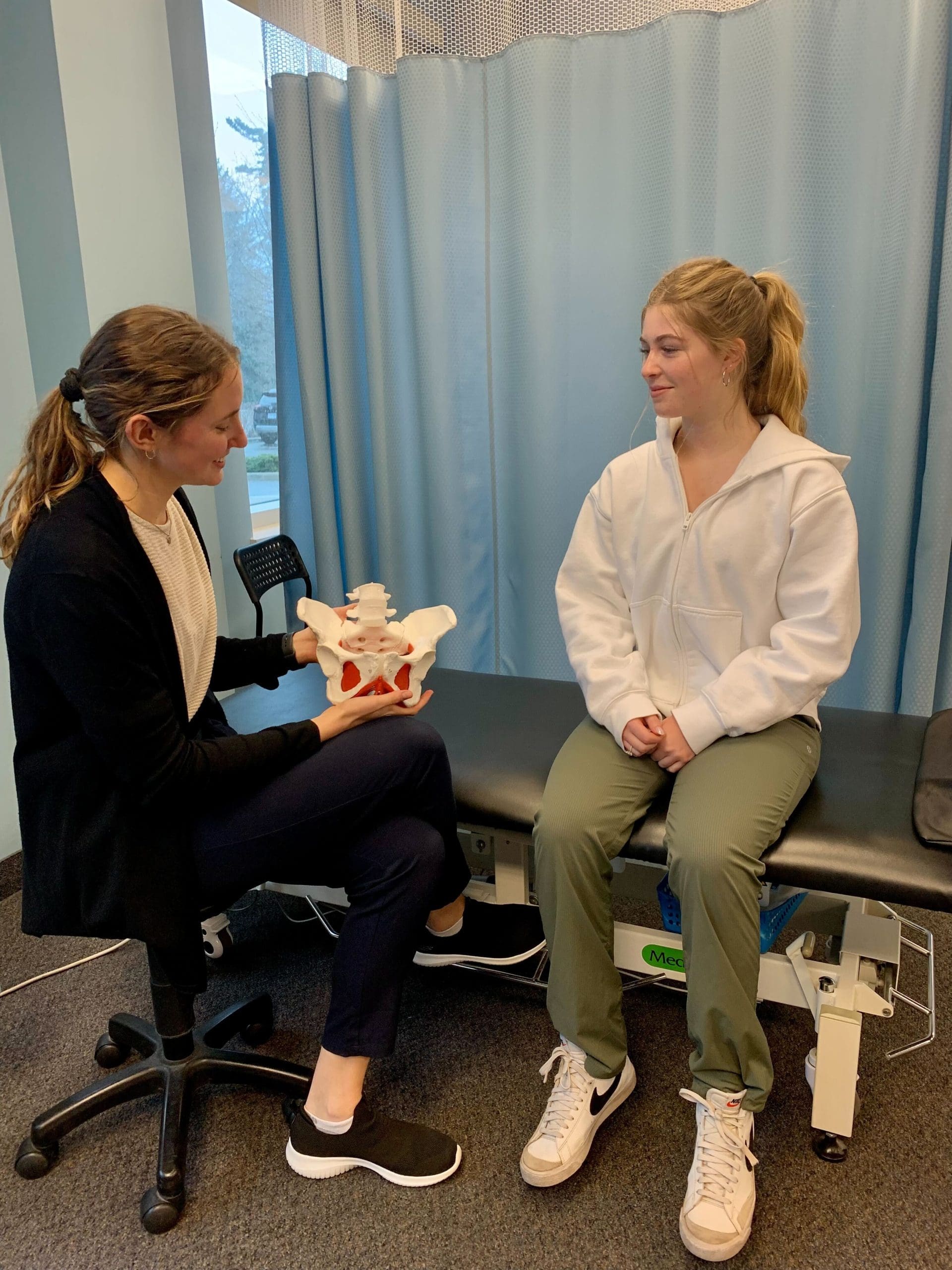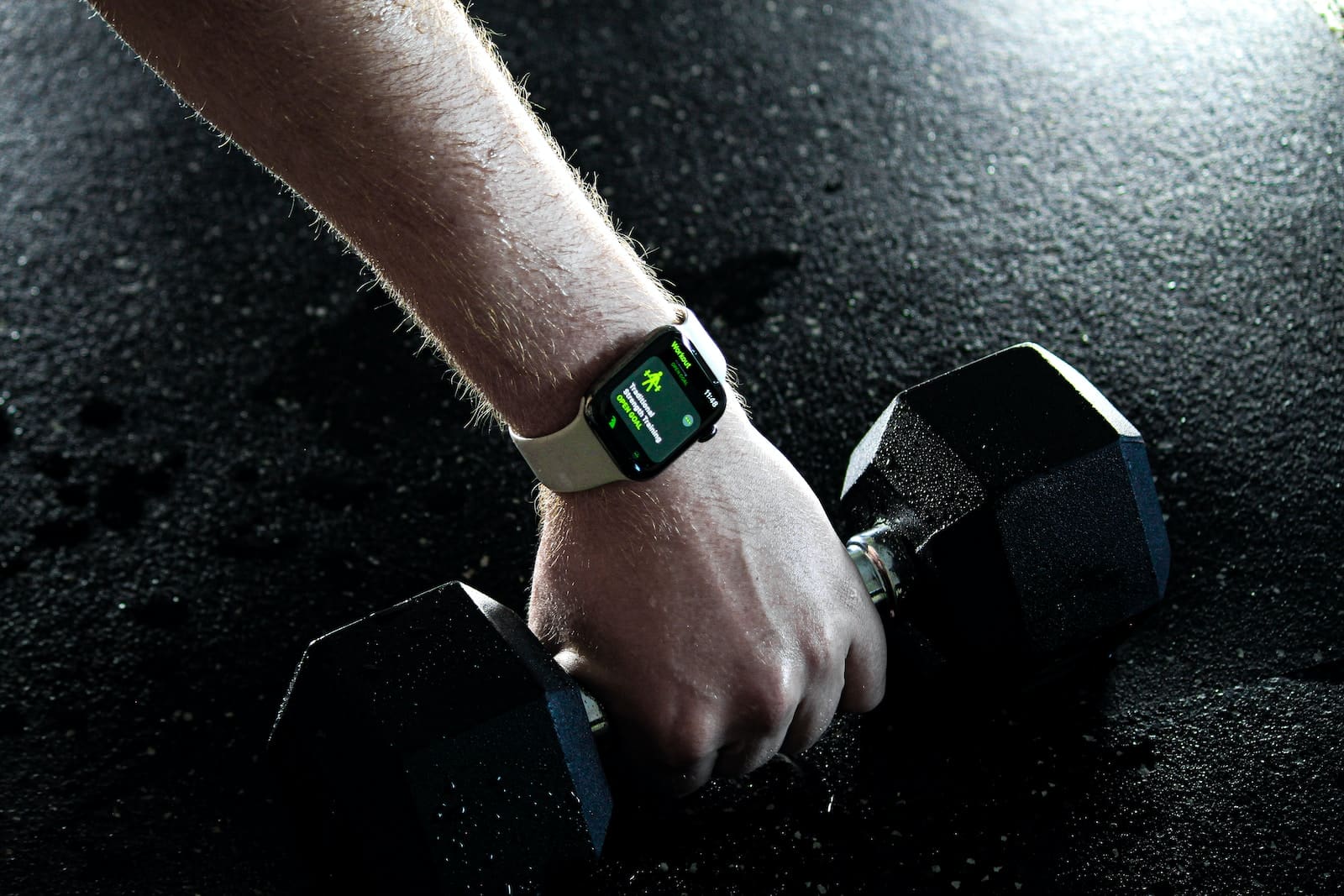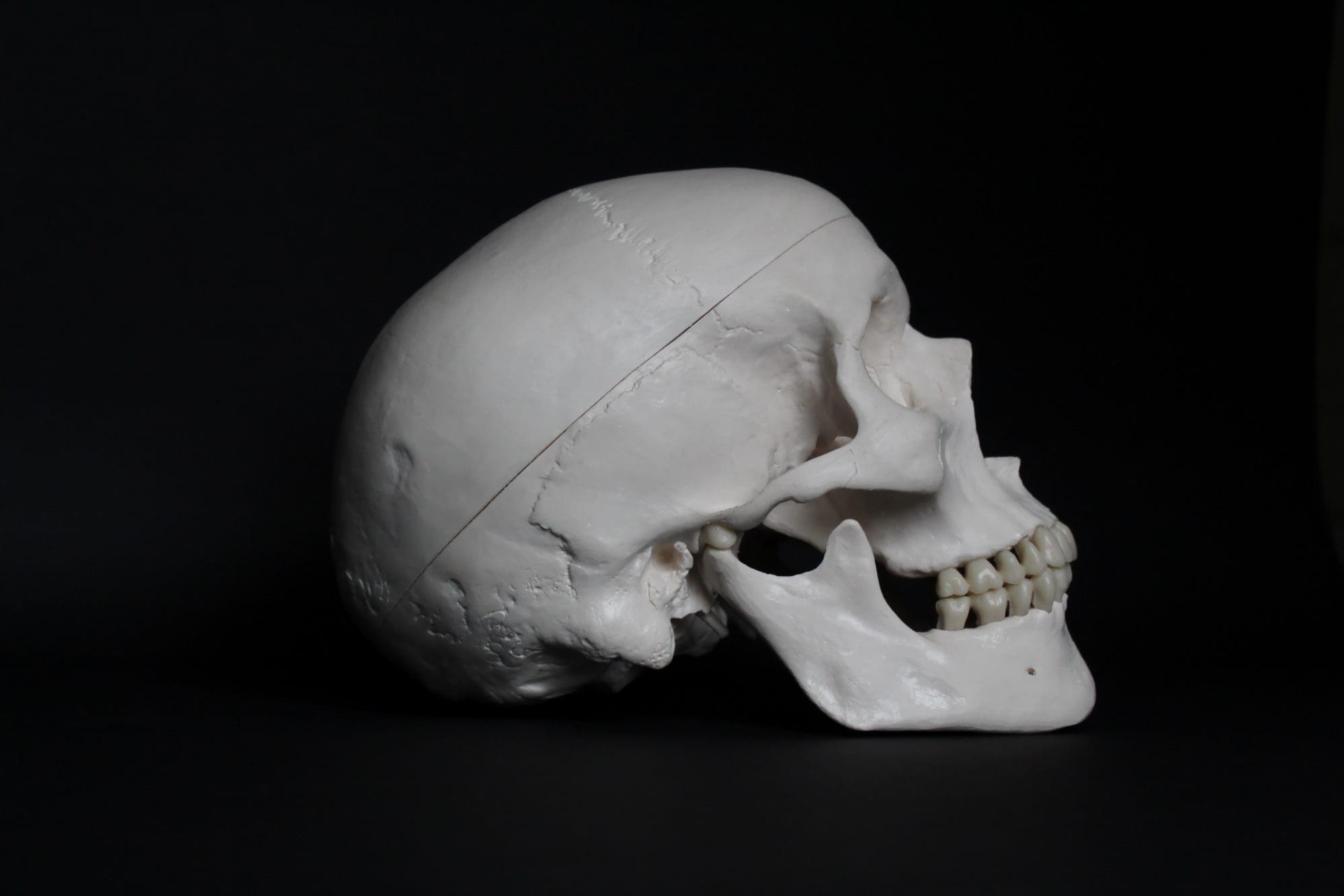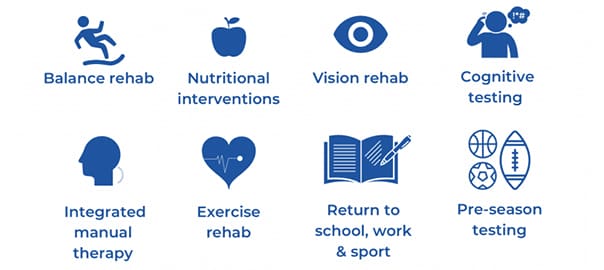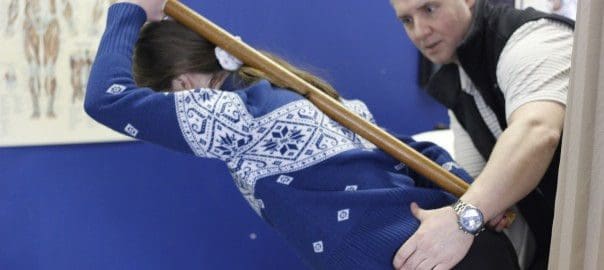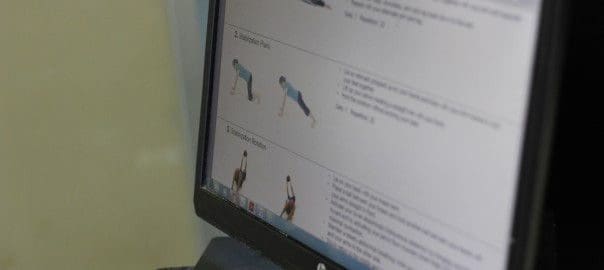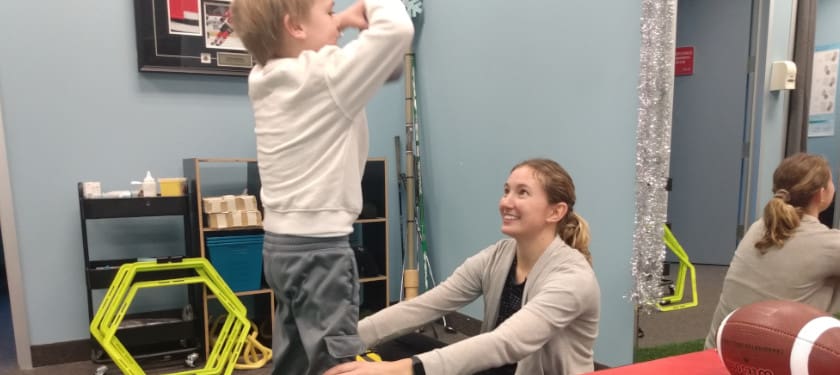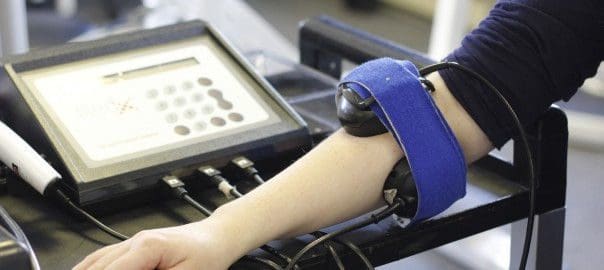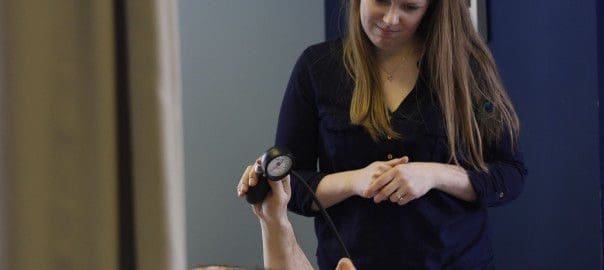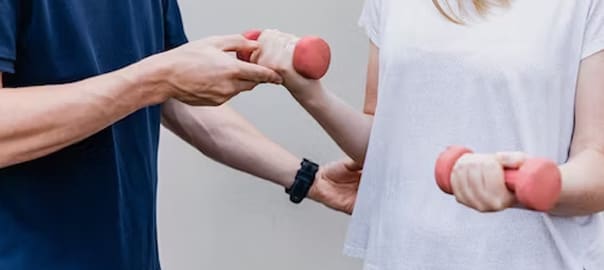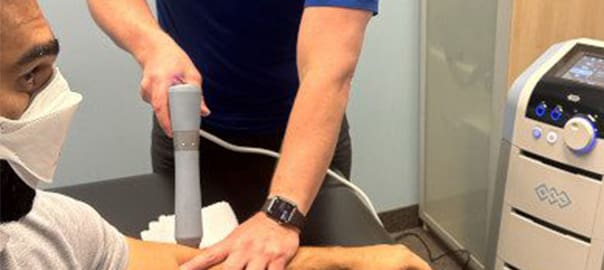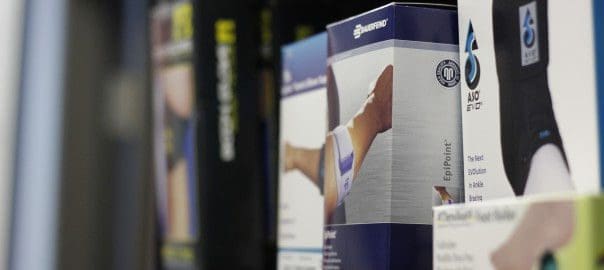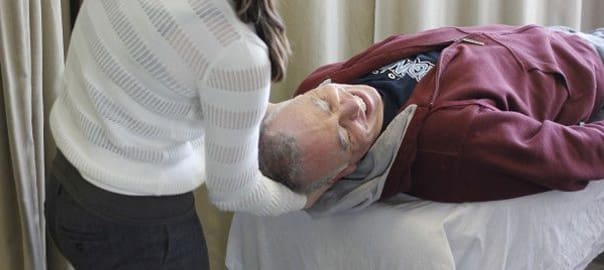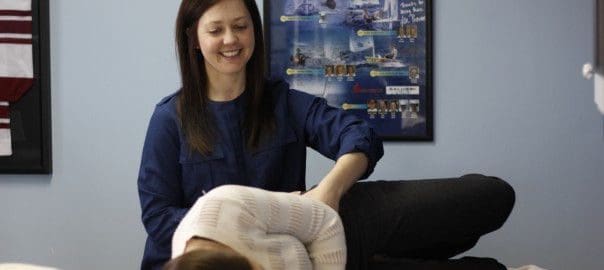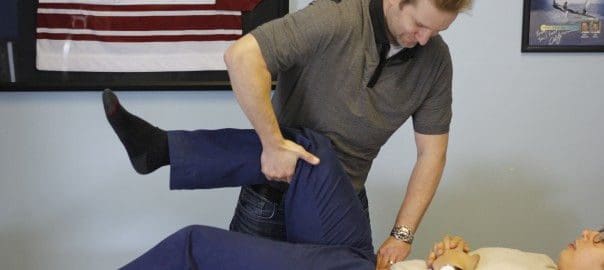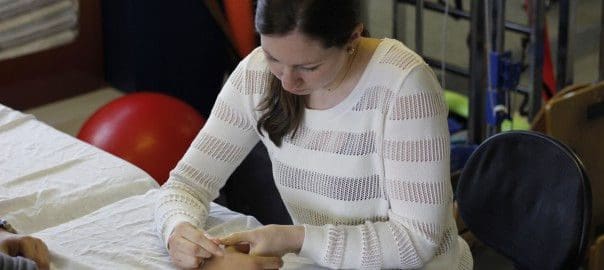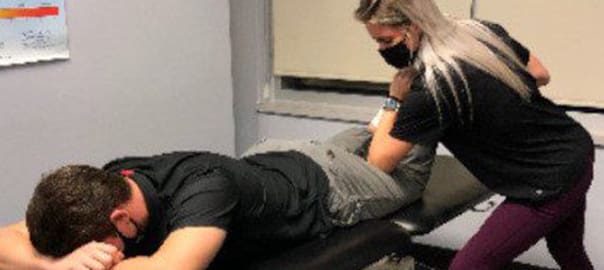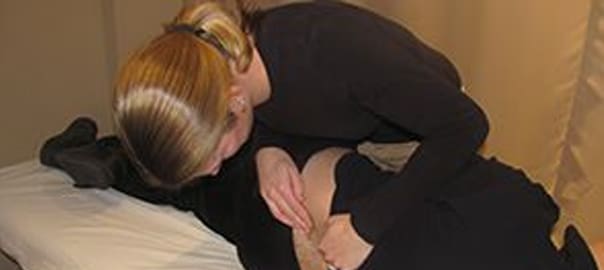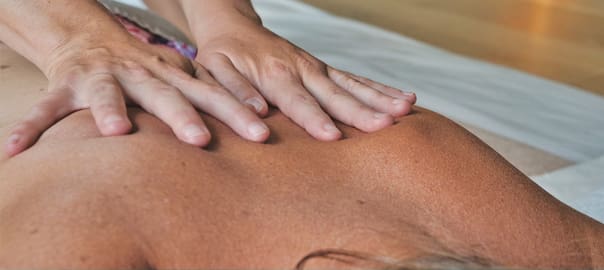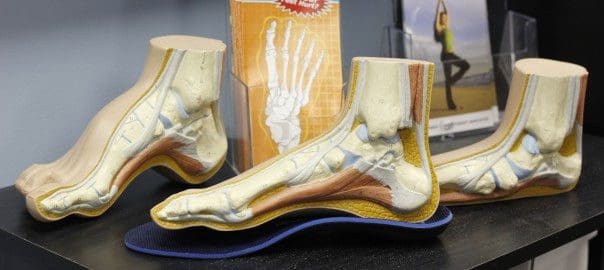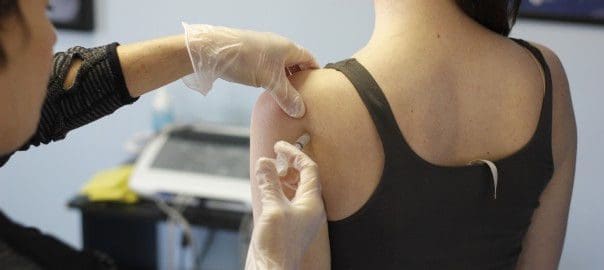Athletes of all ages and skill levels are being pressured with more and more commitments regarding training, practices, games and tournaments. Back in the day, extra skill development, strength and conditioning, and mental skill training were reserved for “elite” athletes. Nowadays, all athletes want that competitive edge. In order to improve fitness and skill development, athletes need to push their training to greater limits. If an athlete “under trains” they risk injury due to being under prepared. If an athlete “over trains”, they risk injury due to fatigue and overuse. The key is finding the “perfect” amount of training AND recovery in order to achieve the optimal training benefits, without risk of injury. Unfortunately, there is no “one size fits all” training program, as each athlete responds differently to training, based on internal and external factors.
Note: Sheddon’s physiotherapists from the Oakville and Burlington Physio Clinics are prepared and determined to help you get back to your regular activities.
The tips below will help coaches, trainers, parents and athletes train smarter for optimal performance benefits:
1. Periodization: A poorly managed training and competition schedule can increase risk of injury, if training isn’t well planned throughout the season. For example, injuries are most likely to occur following repetitive and rapid increases in training intensity, frequency or duration, especially if the training greatly exceeds the fitness level of the athlete. While it is okay to train hard and push athletes, coaches/trainers need to be mindful of how the athletes are responding. A hard training week, resulting in athlete fatigue, should not be followed by an even harder week. Athletes need time to recover and adapt.
2. Offseason Conditioning: Ensure adequate off-season and pre-season physical/psychological training so that athletes are in top shape when the season begins.
3. Recovery: Following intense training periods and tournaments athletes will have a temporary decrease in physical performance, neuromuscular control and muscular strength that can take up to 5 days to return to baseline levels. In addition, muscular fatigue from cumulative training days will compromise coordination, decision making and joint stability, all of which can lead to acute injuries, such as ACL tears. Recovery days are key to building stronger athletes.
4. Monitoring: Athletes need to be monitored in terms of physical performance, emotional well-being, stress and fatigue. This can be easily achieved with training logs and monthly questionnaires, and training should be adjusted accordingly.
5. Injury surveillance: Overuse injuries need to be caught early in order to avoid prolonged time off sport. As such, monitor your athletes for changes in performance and compensatory patterns, since most athletes will ignore early signs of injury.
6. Emotional well-being: Psychological stress has been shown to increase muscle tension, narrow the visual field and lead to increase distractibility, all of which can increase risk of injury. Be aware of athletes’ mental state (anxiety, stress, nervousness), as it plays a huge role in injury susceptibility. Provide a supportive and strong social support network within the team, including players, coaches and trainers.
7. Healthy behaviours: Training hard in the gym and on the field is only one piece of the puzzle. Athletes need to be aware of the importance of adequate sleep and nutrition.
Soligard et al., (2016). How much is too much? International Olympic Commttee consensus statement on load in sport and risk of injury. British Journal of Sports Medicine. 50:17.
Sheddon Physiotherapy and Sports Clinics in Oakville and Burlington have a team of athletic therapists, massage therapists, chiropractors, physiotherapists and sports medicine doctors who can help get you back on the field healthy and pain-free. If you’re looking for a sports medicine clinic in the Oakville, Burlington and Mississauga area that has great therapists AND will get you results quickly, contact Sheddon Physiotherapy and Sports Clinic at 905-849-4576.
For more info, contact Sheddon Physiotherapy and Sports Clinic Oakville at 905-849-4576.
We are located less than 10 min from Sheridan College Oakville and 4 min West of Canlan Ice Sports.
The Burlington physio clinic is located only 2 min south of IKEA Burlington and 6 min north of Burlington Golf & Country Club, on Plains Rd East.
